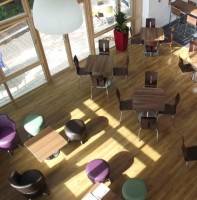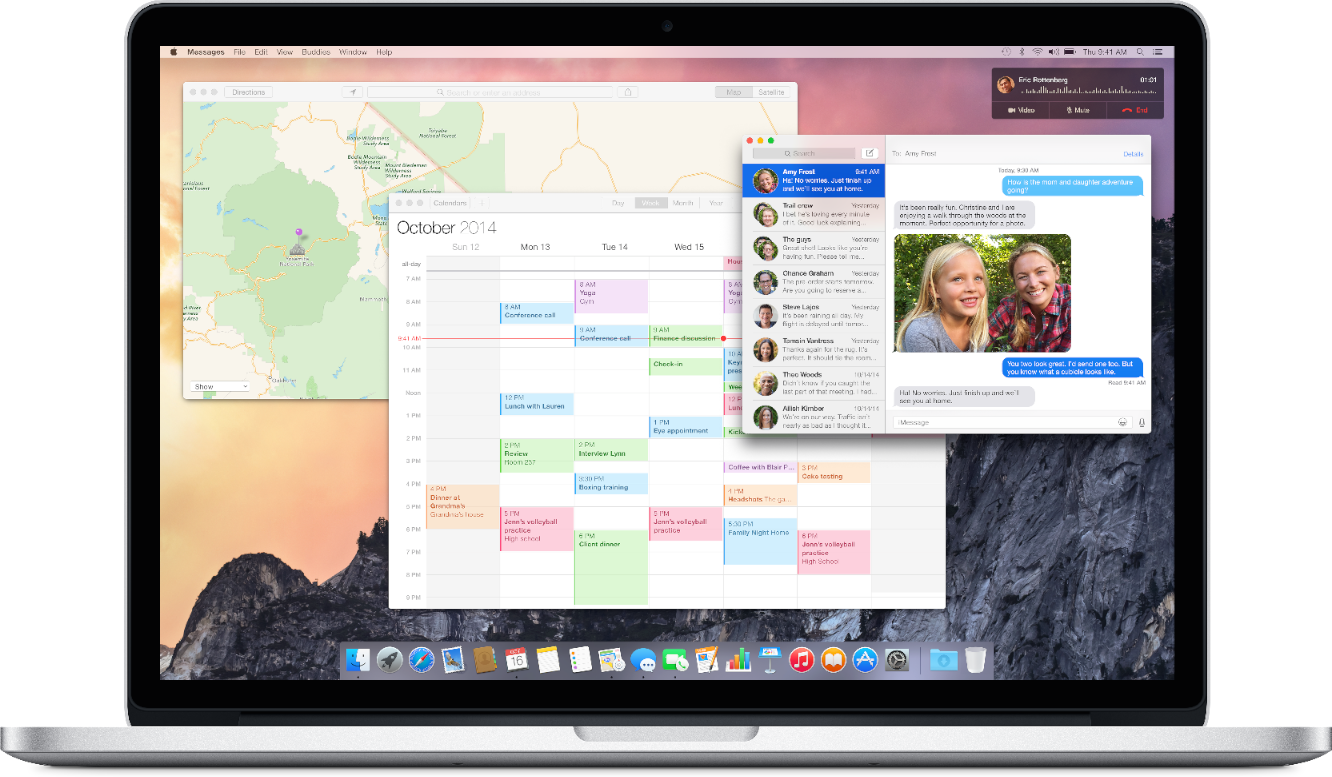November 4, 2013
We may not always feel it, but technology makes us far more productive
 A new report has been published by O2 which suggests that technology has allowed us to become nearly five time more productive than we were in the 1970s. The Individual Productivity Report is a joint research project from O2 and the Centre for Economic and Business Research and used a metric called gross value added (GVA) per worker per hour to arrive at its results. The report concludes from this data that in terms of ICT the average British worker is now 480 percent more productive than they were in the 1972, that people get more done in less time, freeing them up to spend more time interacting with clients and colleagues, providing better service and driving business growth.
A new report has been published by O2 which suggests that technology has allowed us to become nearly five time more productive than we were in the 1970s. The Individual Productivity Report is a joint research project from O2 and the Centre for Economic and Business Research and used a metric called gross value added (GVA) per worker per hour to arrive at its results. The report concludes from this data that in terms of ICT the average British worker is now 480 percent more productive than they were in the 1972, that people get more done in less time, freeing them up to spend more time interacting with clients and colleagues, providing better service and driving business growth.









 A new report from Deloitte has highlighted what it believes are the key trends in the market for telecommunications, media and technology as part of its annual TMT Predictions research project. Amongst other things it predicts a slowdown in the uptake of Bring Your Own device polices, the enduring appeal of the laptop, a change in the way we protect our data and devices, and the annual market for smartphones hitting one billion units for the first time as 4G takes off in the UK.
A new report from Deloitte has highlighted what it believes are the key trends in the market for telecommunications, media and technology as part of its annual TMT Predictions research project. Amongst other things it predicts a slowdown in the uptake of Bring Your Own device polices, the enduring appeal of the laptop, a change in the way we protect our data and devices, and the annual market for smartphones hitting one billion units for the first time as 4G takes off in the UK.







December 6, 2013
Battle lines being drawn as wearable tech raises privacy and security fears
by Mark Eltringham • Comment, Facilities management, Legal news, Technology
(more…)